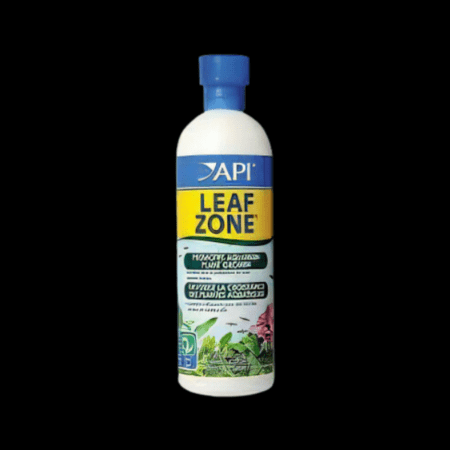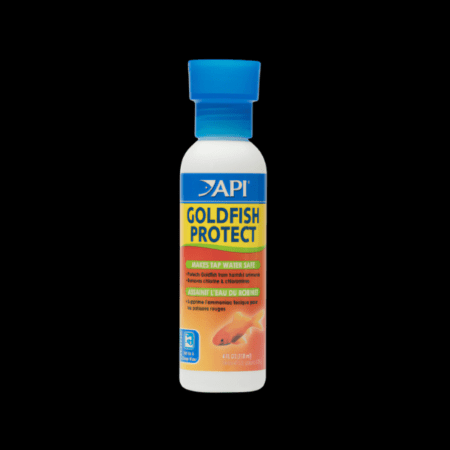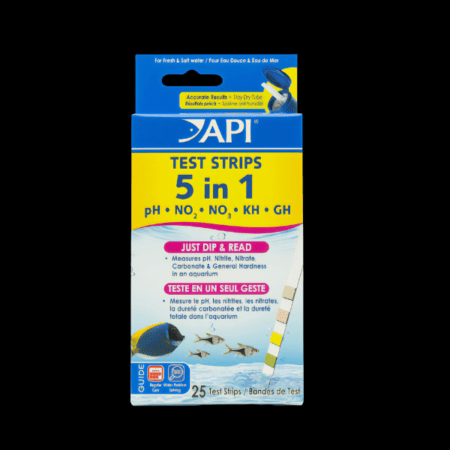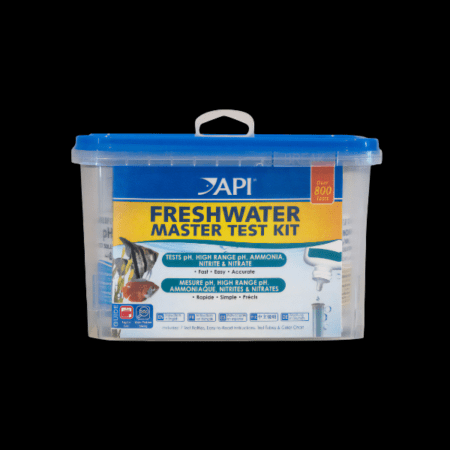Description
Dennerle Plant Care K Potassium 250ml
Potassium fertilizer for demanding plant aquaria
- Potassium fertilizer for heavily planted aquaria
- For the targeted supply of potassium
- For splendid plants and intensely bright colours
- High reach due to concentrated active ingredients
- Scientifically tested and optimized
Potassium macronutrient fertilizer for planted and demanding aquaria
Aquarium plants need around 20 different nutrients to grow healthily. Potassium is of particular importance in this respect. Potassium belongs to the macronutrients and is required by the plants in larger quantities. Along with the macronutrients nitrate and phosphate, as well as light and CO2, it is the most important prerequisite for balanced, healthy plant growth.
What is potassium needed for in the aquarium?
Potassium has a variety of functions in the plant. It is present in high concentrations both in the cells themselves and in the vascular system. Potassium is an osmotically active ion, which is crucial for the build-up of root pressure as well as cell pressure (turgor). Furthermore, it is involved in various metabolic processes, e.g. the synthesis of sugars, starch, cellulose and lignin. Potassium can be stored in plant cells and transported within the plant when needed, e.g. from older to younger leaves. A certain amount of potassium is supplied by tap water. The harder the water, the more; the softer the water, the less. You can ask the local water supplier for the content. Potassium is only brought into the aquarium in very small quantities via food and fish excretions. Good aquarium fertilizers (micro-nutrient fertilizers / complete iron fertilizers) such as Dennerle Plant Care Pro therefore always contain an appropriate amount of potassium. This is usually sufficient for normal, planted community aquaria. In contrast, the situation is different for demanding planted aquaria (e.g. aquascaping aquaria, Holland aquaria). They have above-average nutrient requirements, especially for macronutrients. Such planted aquaria are characterized by
- dense planting (more than 70 – 80 % of the bottom surface)
- many fast growing species
- plenty of light (30 – 60 lumen/liter or more)
- CO2 fertilization
- 30 – 50 % partial water changes per week
- no or low fish stocking (but with shrimps)
Detect potassium deficiency in the aquarium
Potassium deficiency can occur in these types of aquaria, especially in soft water. It shows up primarily in the older leaves. The element is transported from the older leaves to the younger leaves via the vascular system when needed. Typical symptoms are yellowing (chlorosis), which may appear in spots or over a large area between the leaf veins or at the leaf margin. Later, the tissue dies in spots or areas (necroses). Some plants are particularly sensitive to potassium levels that are too low. Well-known examples are the parrot leaf (Alternanthera) and the cognac plant (Ammania). Growth can suddenly stall and the newly formed leaves are crippled. In the case of the Indian water plant (Hygrophila polysperma), potassium deficiency shows up on the older leaves in the form of small black spots (necroses).
Remedy potassium deficiency in the aquarium
It therefore makes sense for demanding plant aquaria to keep an eye on potassium levels and supplement if necessary. Each aquarium has a specific nutrient consumption depending on plant quantity, plant species, animal stocking, feeding, water changes and growth conditions (light quantity/illumination time, CO2 addition, filter technology, etc.). The required amount of fertilizer should therefore be determined individually for each aquarium. If the aquarium has a need for all 3 macronutrients N, P and K, the use of Dennerle Plant Care NPK is recommended. The nutrient ratios have been selected here so that all macronutrients are absorbed by the plants in equal proportions. Even with long-term, regular use, there can be no deficiencies or detrimental accumulation of individual nutrients. Especially with macronutrients, biological balance is of particular importance, i.e. the nutrients should always be present in a certain ratio to each other. Nutrient imbalances must be avoided, as they usually lead to algae problems. If the tap water has too low a potassium content – which is often the case with soft water – or if the aquarium has an increased requirement for potassium, Dennerle Plant Care K should be used to supply the plants specifically with potassium. If you have measured and fertilized regularly for several weeks, you can see at what level the measured values settle and what potassium quantities the aquarium needs. Then you can add the determined weekly dose of Plant Care K as standard and increase the measuring intervals to 2 to 4 weeks with a clear conscience. A macronutrient fertilizer must always be used in combination with a micronutrient fertilizer (complete iron fertilizer). For a complete supply of nutrients and the best possible plant growth, we recommend combining it with Dennerle Plant Care Pro. For magnificent plant growth and healthy fish and shrimp, we recommend a partial water change of 25 % to 50 % per week. This removes waste and inhibitors and prevents nutrient imbalances.
Dosage
The fertilizer can be dosed precisely and accurately: 2 ml per 100 L adds 1 mg/L potassium. The optimal potassium concentration is in the range of 10 – 20 mg/L. We recommend measuring the potassium content regularly and dosing Plant Care K accordingly. Plant Care K can be used as a weekly fertilizer or daily fertilizer.




